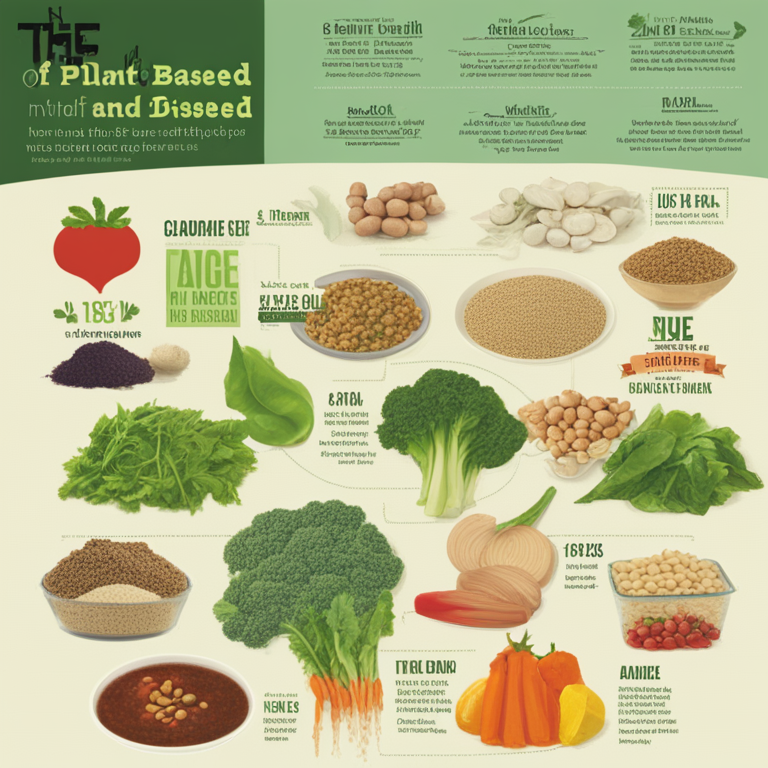Introduction:
In recent years, there has been a noticeable shift towards plant-based diets in India. With growing concerns about health, animal welfare, and environmental sustainability, more and more Indians are choosing to eat a diet that is primarily based on plants. This rise in popularity of plant-based diets in India can be attributed to a variety of factors, including increased awareness about the health benefits of plant-based foods, a cultural connection to vegetarianism, and a desire to reduce the environmental impact of food consumption.
Subheadings:
1. Health Benefits of Plant-Based Diets:
One of the main reasons for the rise of plant-based diets in India is the growing awareness of the health benefits of eating a diet rich in plant-based foods. Plant-based diets are high in vitamins, minerals, antioxidants, and fiber, which can help reduce the risk of chronic diseases such as heart disease, diabetes, and cancer. By focusing on fruits, vegetables, whole grains, nuts, and seeds, individuals can lower their cholesterol levels, improve digestion, and maintain a healthy weight.
2. Cultural Connection to Vegetarianism:
India has a long-standing tradition of vegetarianism, with many individuals following a meat-free diet for religious, cultural, or ethical reasons. Vegetarianism is deeply entrenched in Indian cuisine, with a wide variety of delicious vegetarian dishes available across the country. This cultural connection to vegetarianism has made it easier for Indians to adopt plant-based diets, as they are already familiar with and enjoy plant-based foods.
3. Environmental Sustainability:
Another driving force behind the rise of plant-based diets in India is the growing concern about the environmental impact of meat production. Livestock farming is a major contributor to greenhouse gas emissions, deforestation, and water pollution, leading many individuals to choose plant-based diets as a way to reduce their carbon footprint. By opting for plant-based foods, individuals can help conserve natural resources, protect biodiversity, and combat climate change.
Tips for Adopting a Plant-Based Diet in India:
– Start by incorporating more fruits and vegetables into your meals, such as by adding a side salad or fruit smoothie.
– Experiment with plant-based protein sources like beans, lentils, tofu, and tempeh to ensure you are getting an adequate amount of protein in your diet.
– Explore traditional Indian vegetarian dishes, such as dal, sabzi, and dosas, to discover new and exciting plant-based meal options.
– Be mindful of your nutrient intake, making sure to include a variety of plant-based foods to meet your daily requirements for vitamins, minerals, and antioxidants.
– Connect with like-minded individuals through plant-based food blogs, social media groups, and local vegetarian restaurants to stay motivated and inspired on your plant-based journey.
Conclusion:
The rise of plant-based diets in India reflects a growing awareness of the health, cultural, and environmental benefits of eating a diet rich in plant-based foods. By incorporating more fruits, vegetables, whole grains, and plant-based proteins into their meals, individuals can improve their health, honor their cultural traditions, and reduce their environmental impact. Whether motivated by personal health goals, ethical concerns, or sustainability efforts, the trend towards plant-based diets is gaining momentum in India and inspiring positive change in the food industry as a whole.
👉 [Best Deals on Amazon!](https://amzn.to/abcd) | [Flipkart](https://fkrt.it/xyz123)
